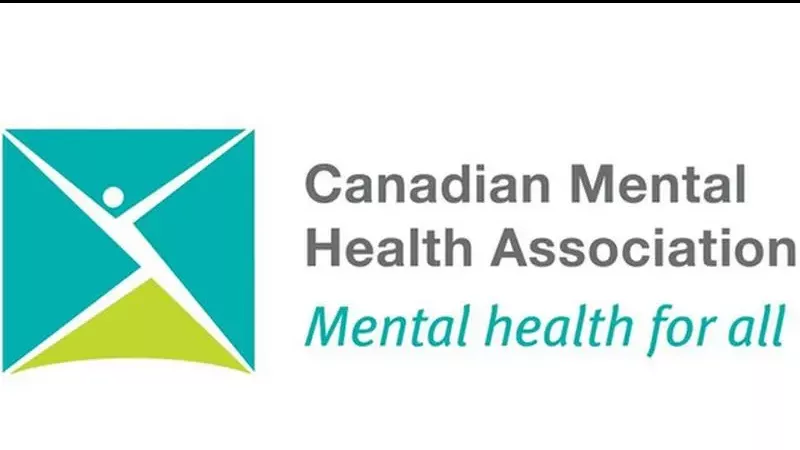
CMHA reporting local drop in people in crisis reaching out for help
MEDICINE HAT, AB – The local chapter of the Canadian Mental Health Association say they are seeing a concerning trend when it comes to people in crisis during the pandemic.
According to executive director of CMHA Southeast Cori Fischer they have seen a sharp drop off in the number of people in crisis reaching out to access help.
“People aren’t reaching out when they should be and they need to be,” said Fischer. “This is an extremely stressful time, it’s an extremely anxiety-riddled time. None of us have a whole lot of control over what’s happening and that loss of control is extremely stressful.”
